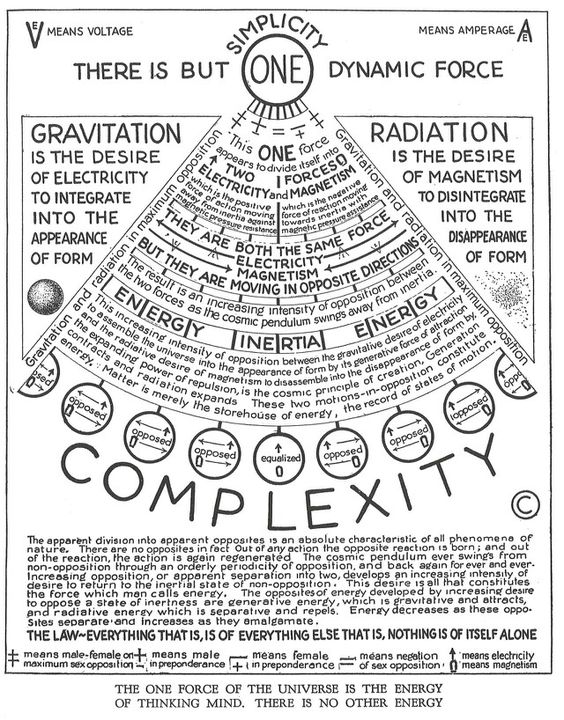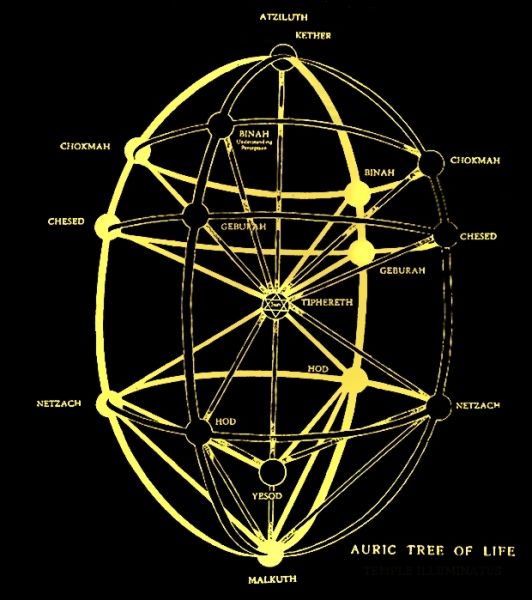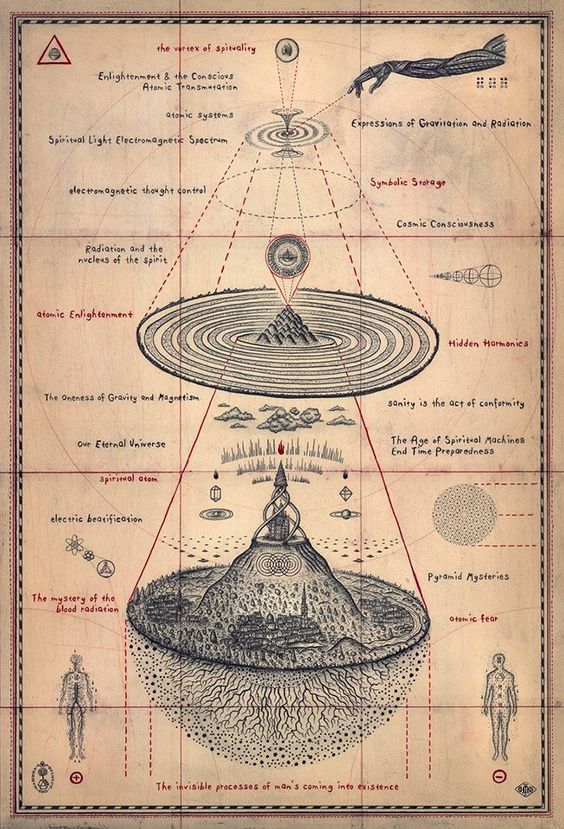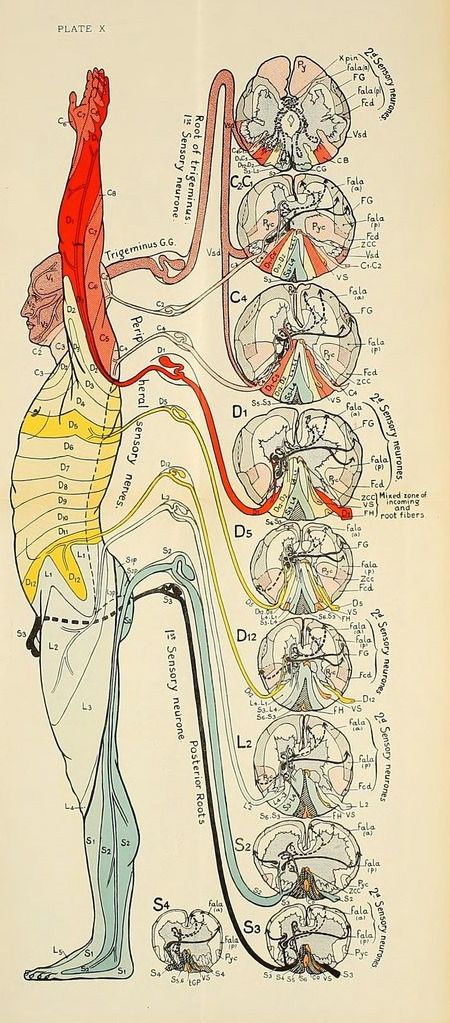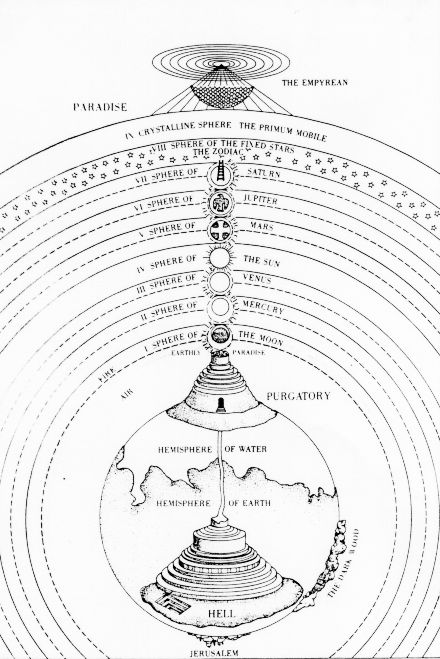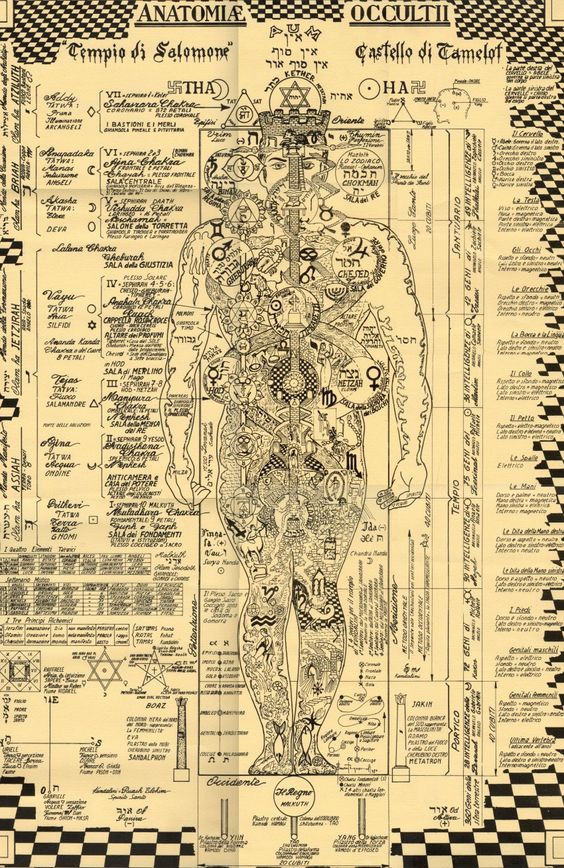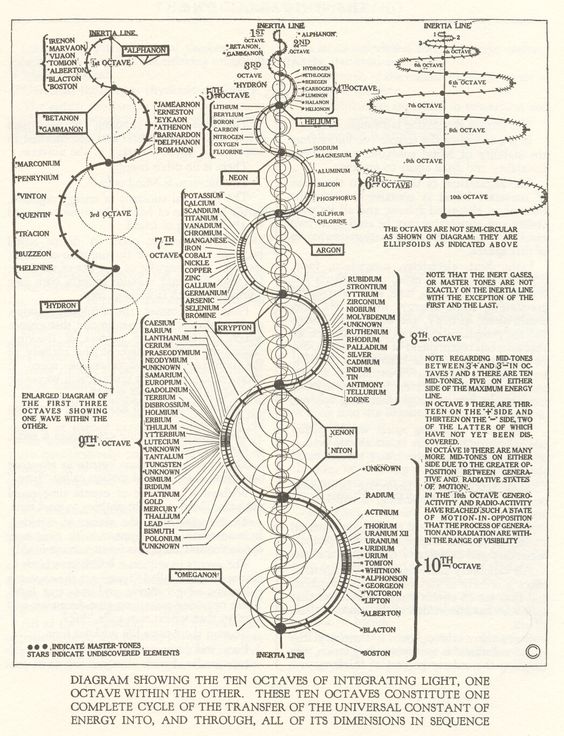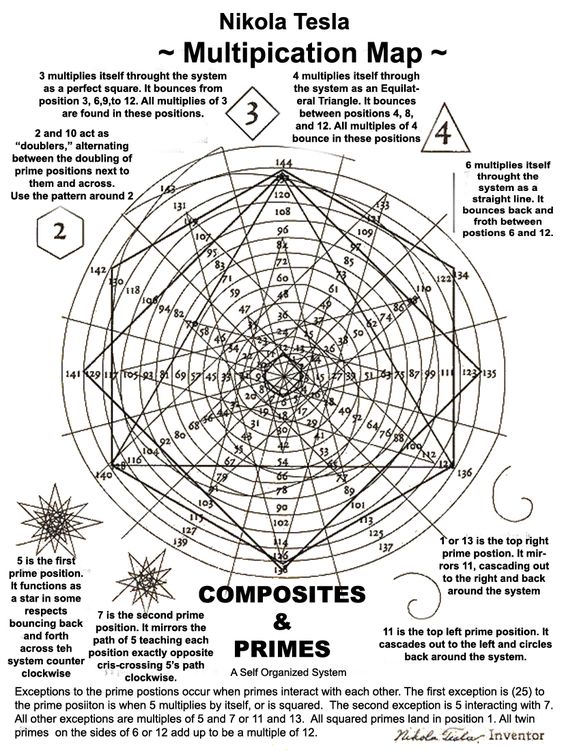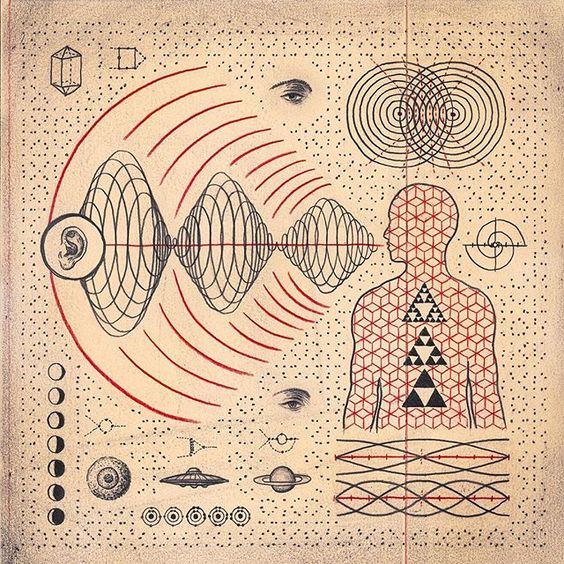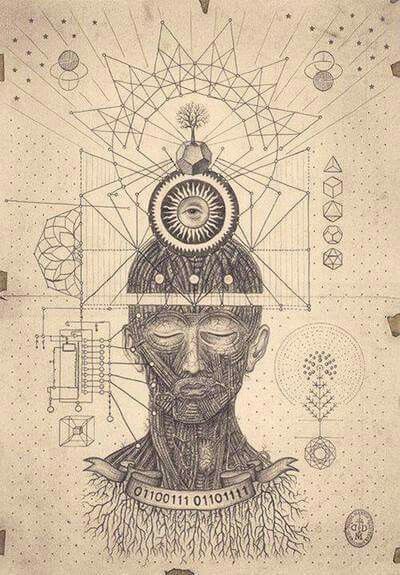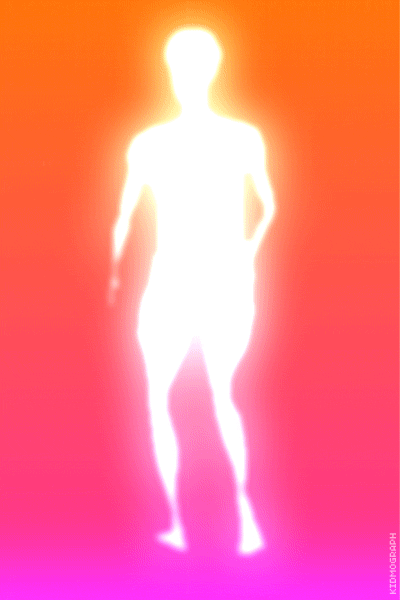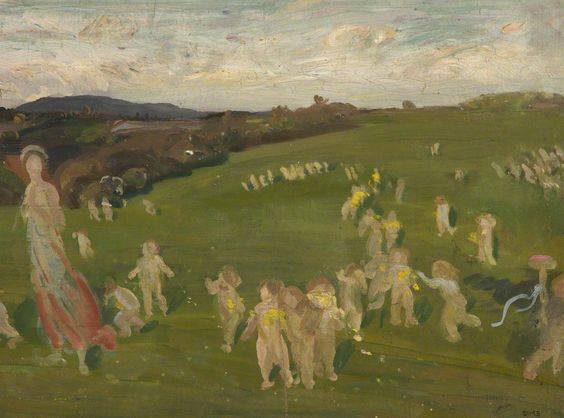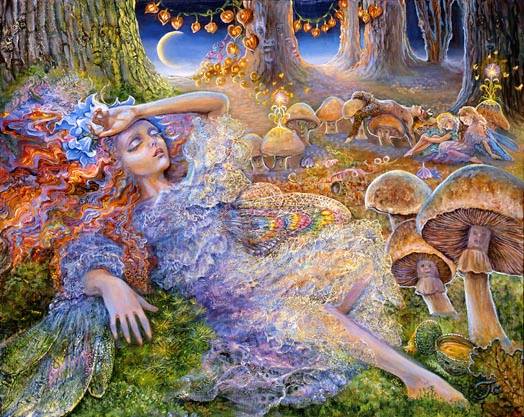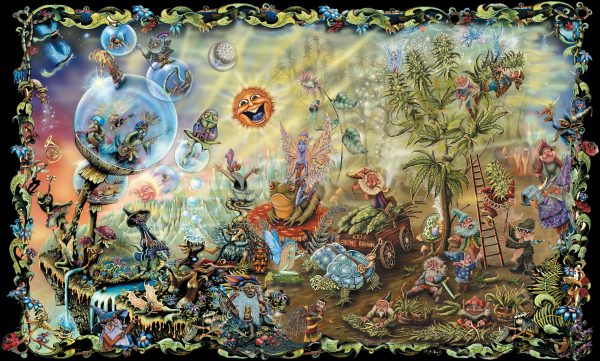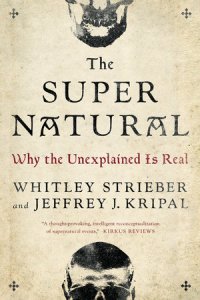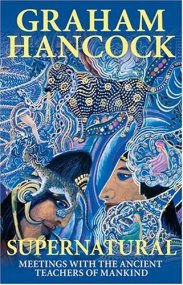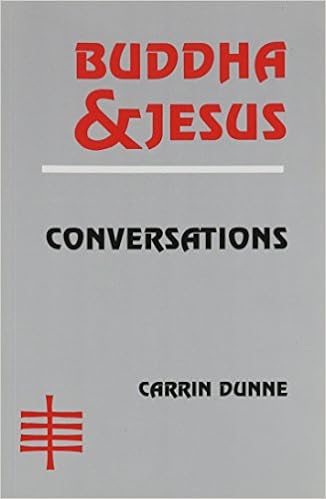I really enjoyed this!
Not trying to offend any Christians who might read this.
For a more measured and balanced, less sarcastic, and much more in depth fictitious discussion I highly recommend “Buddha and Jesus: Conversations” by Carrin Dunne
It is not so brutal to the Christians and is really a well-written philosophical conversation that never took place.
Anyhow, I hope the other gives you a laugh.
______________________________________________________________________________________________________________________________
Socrates Meets Jesus - A fictitious conversation
Humor plus good points and questions, obviously posed by Socrates.
Socrates Meets Jesus by Prometheus
Socrates:
Good morning, Jesus, I have heard much of your marvelous teachings.
In my own modest way I am a philosopher here in Athens.
I am told you have great wisdom and certainly that is indicated by the throng of admirers that follow you through the streets.
If you have a few moments to spare, I would appreciate it if you would enlighten me with the answers to some of the puzzling problems I have been wrestling with all my life.
Jesus:
I am as a fisher of men in my search for followers.
I bring the truth of God to all men.
Seek and you shall find, ask and it shall be answered knock and it shall be open unto to thee.
Socrates:
There is one basic question that has always been uppermost in my mind.
Although it has always been an insurmountable obstacle to me in my search for the truth and meaning, I am sure that with your learning you will find it far to easy and think me a foolish old man.
I have always longed to live honorably and nobly, but it seems that I have merely stumbled through life without even even knowing what was honorable or noble.
With my limited understanding, it often seems to me that life, even with all its sound and fury, really signifies nothing.
Please tell me: How should a man live; what is the purpose of life.
Jesus:
To serve and worship God.
Socrates:
Which God.
Jesus:
There is only one god.
Socrates
Oh.
You should live here in Athens.
We have several to choose from.
Jesus:
There is only one true God.
Socrates:
Of course.
And which one is the true God?
Jesus:
The true god is Lord God.
Socrates:
Yes.
But who is Lord God?
Or what is he?
Jesus:
He is the infinity of wisdom, love, compassion, peace, and mercy.
He is the creator of heaven and earth all things in the universe.
Socrates:
Of all things?
Jesus:
Yes-all things.
He is omnipotent.
He is master and controller and maker of all things.
He is omnipresent-nothing can happen that he does not know beforehand.
Socrates:
Did he create plagues, wars, death, suffering and evil.
Jesus:
No.
These things and all other evils and tragedies come from the Devil, the prince of darkness; or from man's weakness and evil nature.
God is all goodness and free of evil; only good can come from God.
Socrates:
And who for gracious sakes is the devil?
Surely he must be a god to be able to visit such powerful calamities on mankind: Yet you have just said there is only one God.
Also you have said that all that exists comes from God: And now you say that only good comes from God and all evil comes from someone called the devil.
These would seem to be contradictions.
I am afraid that your religion is far too complex for this old head to fathom.
Yet I will be an eager student and try hard to understand, if you will but help me.
Please explain: who is the devil and how can all things come from God and yet not come from God?
Jesus:
The Devil is a fallen angel who is ambitious.
He rebelled against God and wants to overthrow all his works.
Socrates:
What in Zeus' name is an angel?
Jesus:
An angel is an angel.
Socrates:
Of course, that’s an identity.
Socrates is Socrates.
But, you see, it doesn’t mean anything to me, inexperienced as I am in your religion.
Although it’s true as true can be, it doesn’t relate to anything I can understand.
Compare it to something I am familiar with.
Jesus:
An angel is an angel.
Socrates:
Please forgive me for my stolid ignorance.
Understand that I am no authority such as you are.
I have never seen an angel or heard of one.
I am told that you had many strange visions when you wandered in the desert for 40 days without eating.
Pray tell, what do they look like, these angels?
Jesus:
They have wings.
Socrates:
So do gnats.
Could you be a little more specific?
Jesus:
They look like people except they have wings.
Socrates:
What else?
They can fly, I assume
Jesus:
Yes, that’s what the wings are for.
Socrates:
Of course--I might have known.
You say they look like men.
How are they different from men?
Jesus:
The are much better than men, and they never die.
Socrates:
How better than men?
Jesus:
More virtuous and more powerful.
Much more powerful.
Socrates:
They are super-human, then.
Jesus:
Yes.
Absolutely!
Socrates:
Then they are superhuman and they are immortal.
We in Athens would call such beings gods.
Jesus:
No!
God is more powerful than they.
Socrates:
So is Zeus to us more powerful than other Olympic gods, but the others are still by definition gods.
How would you define the term God?
Jesus:
God is the creator of all.
He is all power, knowledge, wisdom and the epitome of justice, mercy, compassion, goodness; and peace.
Socrates:
These qualities are, however, not necessarily consistent.
It is not possible for a person to be just, peaceful and merciful, all in one instance or situation.
If a person or a nation deserves punishment by the rule of justice, you must punish him or wage war on them, but this would be a violation of the rule of peace or mercy.
No one being could have all these qualities because they contradict each other; they cannot exist together in the same person at the same time.
It is as though a man had turned both left and right at the same corner at the same time, while still remaining whole and entire.
Jesus:
God works his wonders in mysterious ways.
Socrates:
It would seem that you have many gods just as we do in Athens, only you don’t call them gods.
Jesus:
No!
God is all powerful.
Socrates:
Then the only difference is the degree of power?
Jesus:
No.
God is better and more virtuous than they.
Sin is impossible for him.
Socrates:
What is sin?
Jesus:
It is an act of disobedience to God.
Socrates:
I see from this that God could not sin, because he could not be disobedient to himself.
But since sin is impossible for him, it is no more a mark of achievement for him to be free of sin than it is a mark of achievement for a rock to be unable to move.
It’s merely a matter of definition.
What do they do, these angles?
Jesus:
They do errands for God.
Socrates:
Why if God is all powerful, does he need others to do errands for him?
Jesus:
He likes it that way.
Socrates:
They are his slaves, then?
Jesus:
No, they serve him willingly.
Socrates:
What happens if they don’t serve him willingly?
Jesus:
There were several angels led by Satan, the devil, who rebelled against God and were cast out of heaven to eternal torment and punishment.
Socrates:
What is heaven?
Jesus:
It is a wonderful place high in the sky.
The streets are paved with gold.
Everything is peaceful and beautiful there.
God lives there and all who believe in God go there when they die.
Men have eternal life there and are given wings and worship God and play harps in eternal bliss and happiness forever.
It is the purpose and goal of all of man’s life to go to heaven when he dies.
Socrates:
This sounds much like the accounts I have heard given by those who have eaten the lotus flower.
If this was the purpose of life, could we not simply become intoxicated on wine or drugs and feel this way all the time, like the beggars and drunks we see on the other side of the city?
Jesus:
The Bible says thou shalt not partake of wine or strong drink.
Socrates:
If is the sole purpose of man’s life to get to heaven, why does he not simply kill himself and go there?
Jesus:
Thou shalt no kill.
Socrates:
If God wanted man to go to heaven, why did he put man on earth in the first place?
Why did he not simply put man in heaven from the beginning?
I find it hard to believe that man with all his capabilities, desires, and complexities was created merely to sit and bow and scrape and worship.
Certainly there is not, nor ever was, a human tyrant so vain and proud that he wanted his subjects merely to bow and scrape obsequiously and subserviently before him from dawn to dusk, let alone for all eternity.
I certainly can understand why Satan wanted to rebel against such a static, regimented, oppressive, boring society.
From what you have told me so far, I would have had to side with Satan in the rebellion, for although I consider myself a humble man as men go, I could not bow and scrape and sing praises all day to a being who threatened me with punishment and eternal torment if I did not.
Jesus:
The Lord thy God is a jealous god and thou shalt have no other gods before him.
Socrates:
Why did Satan rebel?
Did he know that God was as powerful as you describe him to be and that he was certain to be defeated?
Jesus:
Satan rebelled because he was proud and wanted to rule heaven himself.
He knew partly of God’s great power (that it was greater than his own), but he wanted power so badly that he was willing to take any chance.
Socrates:
Satan was certainly very brave, then; to strive against a foe he could not defeat.
Jesus:
He was sinful because he was disobedient to the will of God.
Socrates:
It seems to me that the only difference between Satan and God is the degree of power.
Jesus:
God is perfect.
He is all powerful, all knowing, and without sin.
Socrates:
Of course; by definition he is without sin because he could not be disobedient to himself.
The only real difference between the two is the degree of power.
Therefore, Satan was not wrong or sinful to rebel against God, he was only wrong to lose the rebellion.
For if he had won, God would be the sinner: because God would have been disobedient to Satan who would be better than God or the other angels because he could not sin against himself, that is, be disobedient to himself, and he would have proven himself all powerful.
If Satan had won, he would have become God, by your definition because he would have been all powerful and without sin.
Who knows but that this didn’t happen?
From your description of God, I begin to suspect at this point that it did.
Jesus:
God is more than mere power and righteous lack of sin: he is infinite justice, mercy, peace and compassion, and all forgiving.
Satan is vicious, selfish, destructive, and evil.
Socrates:
What happened to Satan after he was thrown out of heaven?
Jesus:
He was thrown into Hell by God where he was tormented and tortured for all eternity.
Socrates:
What is Hell and why did Satan stay there if it is so painful and unpleasant?
Jesus:
God locked him in Hell and he was not permitted to leave.
God created Hell as a place to punish Satan and all men who do not have faith in God.
It is an eternal burning inferno or torture, agony, and torment: all sinful men who do not ask God for forgiveness and have no faith in him go there for all eternity to be tortured by the devil.
Socrates:
If God is just or merciful, how can he do this to an enemy who fought him in battle.
Why did God not simply pardon Satan after defeat as men often do to a captured nation after they defeat it?
Mankind would seem in victory to be more merciful than God; for they do not treat the vanquished to such terrible torments for even a lifetime, let alone for all eternity.
Why did God not show the qualities that you described as his justice, mercy, compassion, and forgiveness to Satan?
Certainly God’s warlike nature is in marked contrast with your definition of the term God as being peaceful, merciful and all forgiving.
Jesus:
God works in mysterious ways, his wonders to perform.
Socrates:
If Satan is locked in Hell, how can he bring plagues and torments on mankind and why does God allow it if he is all powerful and all good?
If God is all powerful, how is it that he permits this evil Satan to survive?
Why does he not destroy him?
Although I begin to wonder, at this point, if the opposite course would not be better.
Jesus:
God allows Satan to be free to bring plagues and torments on mankind in order to punish man for his sin in the Garden of Eden.
Socrates:
What is the Garden of Eden?
Jesus:
When God created the first man and woman, Adam and Eve, he put them in the Garden of Eden.
When they were created, they were pure and without sin.
That is how God created them.
The Garden of Eden was a beautiful paradise, and it provided Adam and Eve with everything they needed.
They did no have to work but merely pluck the fruit from the branches from lush trees.
They were as innocent and untroubled as children and knew nothing about carnal fleshly love.
They had each other for companions and adored and worshiped God who visited them once in a while.
Socrates:
Why did God create mankind?
Jesus:
He was lonely.
Socrates:
Why did he not simply create additional angels who were more his equal rather than this much lower form of life, Man?
Could it be that he wanted obsequious slaves that he could look down on who would fear, reverence, and worship him?
Jesus:
Since he is our creator, we owe him our worship, reverence, and obedience.
Socrates:
Is the child of a criminal duty-bound to be obedient to his father, or does he have a right and obligation to judge for himself between right and wrong? What sin, what act of disobedience, did man commit in the Garden of Eden?
Jesus:
In the center of the Garden of Eden, God put the tree of knowledge.
God told Adam and Eve that they were not to eat of the fruit of that tree.
Satan went to the Garden disguised as a snake and told Eve that she would gain great knowledge if she ate the fruit.
Satan said that God had told them not to eat the fruit because he was afraid that if they did they would become as great as he was.
Eve convinced Adam to eat the fruit.
After they ate, the learned of sexual love.
That was the original sin.
Socrates:
Is knowledge evil that God would want to keep it from us?
Why did God want to keep us from gaining knowledge?
Did he want to keep us subservient slaves groveling under his feet?
It seems to me that we owe Satan thanks and worship for his help.
Satan seems rather like the Titan Prometheus, who in defiance of the orders of the gods brought man the knowledge of fire.
For this service to man, Prometheus like Satan was subjected to torment and torture for all eternity.
Certainly human life would be worth a great deal less that it is without love, fire and knowledge.
Jesus:
But Satan was lying to Eve, because we did not become as great as God by eating the fruit.
He was lying to us merely because he wanted to destroy the work of God.
Socrates:
If God is all powerful, why did he allow Satan to come to the Garden and tempt Eve?
If God did not want man to eat the fruit, why did he put the tree in the Garden in the first place?
If God did not want man to make sexual love, why did he equip man with the organs necessary for it?
If God did not want man to commit the original sin, why did he give man a desire for knowledge, experience, adventure and carnal love?
Jesus:
God put the tree in the Garden and allowed Satan to come there because he wanted to test mankind.
Socrates:
You have said that God was all knowing; that he knows everything that happens before it happens.
Certainly God already knew how man would behave in any situation.
Jesus:
God gave man free will.
It was just as possible for man to be virtuous and obey God as it was for man to be sinful and disobey the word of God.
Socrates:
Did God know that man would sin?
Jesus:
He knew that man would sin but he allowed man the free will to make his own choice.
Socrates:
Could God have created man so he could not sin?
Could God have created man so that he would not have sinned in this particular situation?
Jesus:
Yes, since God is all powerful he could have done that, but he did not want men to be mere puppets; he wanted men to have free will.
Socrates:
Could God have created man with two heads and three legs or any other way if he wanted to?
Jesus:
God could have created man any way he wanted to.
Socrates:
Did God create man the way he intended to?
Did God intend for man to have one head, two legs and to appear exactly as he does today?
Jesus:
Of course: God is perfect and all powerful; he could not make a mistake.
Socrates:
Then God did not make a mistake, but created man exactly as he intended to in every way?
Jesus:
Yes.
Socrates:
Then you and I were created exactly as God intended us to be?
And Adam and Eve were created exactly as God intended them to be?
Jesus:
Yes.
It is as I have said.
Socrates:
Did everything that is part of man come from God?
Jesus:
Yes: God is the master and controller and creator of all.
Socrates:
Did the devil or any other force create any part of man?
Jesus:
No.
God is sole creator of all.
Socrates:
Then, if God created man’s eyes, legs and mind, he also created man’s desires; all his desires, even his desire for knowledge and sex.
Why did man sin?
Jesus:
He sinned because of his weaknesses and his evil nature.
Socrates:
Is man’s nature a part of man, just as hands and feet are a part of man?
Jesus:
Yes.
Man’s nature is a part of man.
Socrates:
Who created man?
Jesus:
God.
Socrates:
Who created man’s hands and feet?
Jesus:
God.
Socrates:
Who gave man two hands and two feet and created them exactly as they are today, and exactly as they were in the time of Adam and Eve?
Jesus:
God.
Socrates:
Who created man’s nature?
Jesus:
God.
Socrates:
Who gave man his evil nature and weaknesses?
God did, because everything that is a part of man came from God and God alone.
Jesus:
God gave man free will.
Socrates:
Who intended for men to have two hands, the devil?
Jesus:
No.
God intended for man to have two hands.
Socrates:
Who intended for man to have weaknesses and an evil nature, the devil?
No.
God intended for man to have weaknesses and evil nature.
If mankind is flawed or evil or weak, it is because God put the flaw or weakness there and intended it to be there.
Let me tell you another parable.
Have you ever seen the birds killing fish in the sea?
Who put it into that bird to fang and kill that flying fish?
Who’s to doom, man, when the judge himself is dragged before the bar?
Jesus:
Man has free will.
God did not force him to sin.
He merely gave him the opportunity to be virtuous or sinful.
Man would have been of no value to God if he had made him a mere puppet who could do nothing but good.
He wanted to give man the opportunity to be good or evil according to his own merit and choice.
Socrates:
It is absurd for God to punish man after creating him.
It is as though a Homer wrote an ode about a pig and then whipped and lashed the pages or cast them on an eternal unconsuming fire, because he disliked the qualities of the animal.
Or that a master sculptor made a perfect statue of a pig and then lashed it for all eternity because he disliked the traits of the animal.
Jesus:
God did not create man with an evil nature that predetermined that he must sin.
Socrates:
Then who did?
Jesus:
God created man to be innocent and naturally good.
God put man in a paradise, the Garden of Eden.
He gave man free will and allowed Satan to come into the Garden of Eden to test mankind.
God did not predetermine that man would sin.
Socrates:
But God created everything that went into this combination, situation or environment.
When he created each of the elements or ingredients in the situation, he knew exactly how each would react with the others in any circumstance; because he was all knowing.
He intended for each element to be exactly as it was because he was all-powerful and could not make a mistake.
It is as though a scientist or a physician combined several ingredients into a medicine, which although harmless in themselves, when combined become a deadly poison; and then after administering it to a patient, disavowed any responsibility for his death.
In just this way, God combined many things; an innocent man, a tree of knowledge, a beautiful garden and an angel.
Jesus:
All have sinned and fallen short of the glory of God.
Socrates:
It seems to me that you Lord God has merely created man to watch him suffer.
This business of Satan, the Garden of Eden and free will is merely a facade.
God merely wanted an excuse to harass, persecute, torment and oppress mankind.
If an all-powerful and all-knowing being creates everything, and allows his creations to react in a certain way, he actually intended them to act in that way and is solely responsible for the results.
Jesus:
I warn you, God is not mocked.
Do not talk in this way or you will be thrown into the fiery furnace where you will gnash your teeth, forever in torture and torment.
Socrates:
I thought our Olympic gods were vicious and unreasonable, but they seem veritable lambs of mercy and forbearance compared to this God of yours: who torments and tortures you for all eternity for doing what he forces you to do in the very making of you and your environment.
Jesus:
Oh, give thanks unto the Lord for he is good; For his mercy endureth forever.
Socrates:
Why, if he is a god of peace and mercy does he torment mankind and permit, even encourage and demand, bloodshed on earth; and permit, even demand Satan to tempt and torture mankind: since you said that nothing happens that he does not only know about, but will to happen?
An all-powerful being who knows all and creates all, determines all, because he knows the way his creations will act.
Jesus:
God gave man free will because he did not want him to be a mere puppet.
God did not want man to sin.
God was very disappointed when man sinned.
Socrates:
God could not possibly be disappointed because he knew the nature of man and all else that he created.
Since he is all powerful, he intended man to sin.
Indeed he forced man to sin by creating man with certain desires and weaknesses.
Jesus:
What you say is blasphemy.
God created the world and all the plants and animals for the pleasure of man.
Look at the beautiful world around you.
How can you say such terrible things about God after he has given so much to you?
Socrates:
I certainly couldn’t believe this.
How could a god who was so vicious, sadistic and hateful create a world with so much beauty?
Even man with as much evil as there seems at times to be in him, still at other times exhibits incredible strength, self sacrifice and loyalty, and degrees of the conflicting qualities of mercy and justice.
Your Lord God has none of these qualities.
Certainly there never was a man however vile who could do to another man what you claim God does to those who do not respect him: torture them for all eternity.
Any man, no matter how foully he has been mangled, tortured or murdered--like Priam whose whole clan was slain or Agamemnon who was murdered by his wife and her lover--would eventually relent after years or centuries of torturing his foe.
Jesus:
I am the way, the truth and the light.
None come to the Father except by me.
Believe in me and have eternal life in heaven; deny me and suffer eternal torture in Hell.
Socrates:
If I did accept your system, I would have to side with Satan against your God; even knowing that I would be tormented and tortured forever.
The injustice and viciousness of your God is so appalling.
I have heard terrible accounts of human sacrifices by savages on distant coasts; but certainly, even they never thought of torturing their victims for all eternity.
I have heard frightening accounts of terrible monsters, Cyclops, gorgons and medusas, but these monsters are as tame and gentle as lambs, compared to those described in your book of Revelation.
And you tell me of Lord God’s peaceful, merciful and all-forgiving nature.
Jesus:
We are all the children of God. God is our father and does not want us to sin but must punish us when we do.
He is just and merciful and only sends us, his children, to Hell, damnation and eternal torment when it is our own fault.
When we sin and lust after sex like Adam and Eve, he has no choice but to punish us, by torturing us in eternal fire forever.
Socrates:
You say we are all the children of God.
He is a veritable monster to harass his own children for having the eyes, legs and desires that he gave them.
Be these juggling fiends no more believed, that palter with us in a double sense and keep the word of promise to our ear but to break it to our hope.
I see not purpose, nor reason, nor truth, nor mercy, nor justice; naught but capricious naked power.
Indeed, human beings, for all their caprice, selfishness and weaknesses, seem to have more of these qualities than your God.
Your God is a demonic, sadistic, psychotic fiend.
Jesus:
We are merely human and cannot understand the infinite mysteries of God.
It is our duty to be faithful and believe and follow him.
It is not ours to reason why but to do and die.
Socrates:
Not reason?
But why were we given minds?
How are we to determine how to live and what is the purpose of life?
What are we doing discussing this now?
Why have you been preaching to people all of your life?
Why have you risked your life in defiance of the orders of the Romans?
Jesus:
By faith are we saved, lest any man should boast.
Socrates:
Faith.
What do you mean by faith?
Jesus:
We must believe without asking for proof.
We must not be doubting Thomas’s.
If we believe in God, we will be paid back for all our trials and tribulations a thousandfold when we get to heaven.
Socrates:
You say we should believe whatever we are told, without investigating it or examining it; we should be gullible?
If I did this, I should give my purse to every man on the street who promised to return it to me a thousandfold.
I would be a fool to do as you say.
And here you are not asking me to give mere money, but to dedicate the whole of my life to one undertaking and one purpose without ever considering the value of the undertaking.
A thief demands my money by threatening my life.
You demand my life by threatening me with torture and promising me paradise.
I am not a meek and gullible fool to be led whither I am told by empty promises and threats.
Jesus:
The meek shall inherit the earth.
Socrates:
The meek are slaughtered and made slaves like the women and children of a defeated nation.
Jesus:
You must not question God!
Socrates:
I have never met this gentleman, and therefore can not question him.
I am questioning you who claim to represent him, to determine whether or not you really do.
Jesus:
We must believe the Bible, the Scripture, the Word of God; by faith without expecting to be able to understand and without asking for proof.
Socrates:
It is impossible for a man to not choose.
You are aware that there are several thousand religions in the world?
If we believe by faith, we would have to accept them all; yet they are all different, and that would be impossible.
It would be like believing that the world was round and flat at the same time.
Certainly, you don’t practice what you preach; for then you would have believed that the Jewish religion and the Old Testament were right and not started this new heretical religion of your own.
Or yesterday when Athena’s priests admonished you in the street to stop preaching your heresy; you would have believed in the Greek religion of the Olympic Gods because it was first and you should believe it by faith because they told you it was true.
Jesus:
By faith are we saved lest any man should boast.
Socrates:
Let me give you a specific example.
Suppose the Oracle of Delphi told me a certain person was guilty of killing and raping my wife and that I should kill him or else he will kill me, fearing that I will discover his crime and kill him; and you tell me ‘thou shalt not kill.’
You tell me that I must believe by faith by whatever I am told.
Following your injunction, I must kill the man because of my faith in the Oracle of Delphi and I must not kill the man because of my faith in Lord God.
For I cannot both kill the man and not kill the man because they are contradictory.
Therefore, I cannot believe in both the Oracle of Delphi and the Lord God.
Therefore, it is impossible for me to believe anything by faith alone.
There is an intellectual choice that you and I and all men make, whether it is voluntary or not, as to what we believe.
What would you rather do: make choice by thinking, discussing and considering all the aspects of the problem or by blindly denying that there is any choice necessary?
This choice is the most important one in a man’s life because the answer to the question, “what is the purpose of life?” determines the whole course of a man’s life.
If a man is to direct his every move by his religion, as you advocate, then certainly, he must put a great deal of thought into his choice of religions.
Let me tell you a parable: If you are to go from one city to another on some task that involves your whole life, would it not be wise to consider all the routes, whether some of them are frequented by robbers, whether there is not a closer or safer city to go to, or , indeed, whether there is any city there at all?
Jesus:
If you, honestly wish to know the truth about God, creation and the purpose of life, there is a very simple way to discover the truth.
All you have to do is ask God to come into your heart.
If you sincerely wish to know the truth about God, the holy spirit will come into your being and you will become one with God.
At that moment, you will gain heavenly knowledge and peace; and when you die, you will go to heaven and live forever in happiness and contentment.
Socrates:
I long to know the truth.
What is it exactly that I must do and say in order to gain this knowledge and wisdom?
How do I address him?
Jesus:
Say, “Lord come into my heart and give me the wisdom to understand the truth.”
Socrates:
You say that by merely repeating this, I will gain knowledge about the purpose of life?
Jesus:
Yes.
The Lord says seek and you shall find, ask and it shall be answered, knock and it shall be opened unto thee.
God has promised to show the truth to anyone who asks.
Socrates:
Lord come into my heart and give me the wisdom to understand the truth.
Jesus:
There, you see.
Now thank God for giving you eternal life.
Socrates:
Nothing has happened.
I know no more about the purpose of life than I did before.
Jesus:
Then you are not sincere.
You did not really wish God to come into your heart and show you the truth.
You did not have faith that he would come into your heart.
Socrates:
Truly I do wish to know the truth.
I have dedicated my whole life to the study of philosophy and reason.
I wish more than life itself to learn the purpose of life.
It is an answer I have been seeking since I first saw the sun.
Unless I find it, I shall still be seeking it on the day I die.
Perhaps he did not hear me; shall I ask again louder?
Jesus:
You have failed to finder the answer because you do not have faith.
If a man has faith the size of a mustard seed, he can move a mountain and everything that he wishes comes to pass.
Socrates:
That is impossible.
Did any of the people who follow you here today ever have relatives or friends who were sick and dying?
Certainly they did; and certainly if they were good Christian folk they wished that the relative or friend would not be sick or die, but rather be healthy and happy once again.
Certainly no one will be so foolish as to say he never had a friend die.
Certainly no one will be so callous as to say he never wished the friend to live.
Therefore, it follows that no one Christian in all the centuries ever had faith in God; or else that God was lying.
Jesus:
The Lord giveth and the Lord taketh away, blessed be the name of the Lord.
Socrates:
I will present a parable to prove that there was never a Christian or a Jew who had faith; and to prove that God was lying when he promised to come into a man’s heart and teach him the purpose of life.
First, would you agree that Hell is worse than any possible earthly misfortune?
Jesus:
Yes.
Certainly.
Socrates:
And, have you not said that all men are sinners and have fallen short of the glory of God?
Jesus:
Yes.
Socrates:
All Christians or Jews, who have faith, believe that they will go to Hell if they sin.
Allow me to present this parable.
Each Christian is like a man who stands at the top of a cliff: he knows that if he commits a sin, he will fall to his death, or worse, to eternal torment.
You have said that Hell is worse than any possible earthly misfortune.
No matter how severe his earthly misfortunes or his desires, no man who was a faithful Christian, would commit a sin; that is, jump off the cliff to eternal torment.
You have said that all men, including faithful Christians and Jews, are sinners.
It follows that not one Christian or Jew since the beginning of time, ever really believed that he would go to hell.
Because if he did believe it, he would not sin: he would not jump off the cliff if he believed that Hell and eternal torment awaited him below.
All men do jump off the cliff; all men do sin.
Therefore, not one in all these centuries really believed in you.
It follows that God did not come into their hearts any more than he did into mine a few moments ago.
Therefore God has no right to expect them to act in a Christian manner or to have faith in him.
Therefore, God has no right to punish them or send them to Hell.
Therefore your God is not just.
Therefore your God is not God.
Jesus:
Look at the world around you.
Doesn’t that prove that God exists?
See beautiful benevolent nature that makes you strong and healthy and provides you with the sun for warmth and the forest and field for food.
Shouldn’t you worship God for all that he has done for you?
Socrates:
I know that nature is all good and benevolent, but whose hailstones broke my window?
Jesus:
Simply because there is some evil in the world does not negate the good: You must thank God for that.
God must exist because; where did the world come from if he did not create it?
Socrates:
It is not necessarily your God that created the world: There are thousands of other priests who claim that their God did it.
Just because I do not have the answer, does not mean that I must accept yours without examining it.
I could just as logically demand that you believe that Zeus created the world.
Even if I agree that God created the world, that is the end of the definition of the qualities of God and we can’t logically proceed from that to the assumption that the other aspects of your definition of God are correct.
Jesus:
Wait, do not leave!
You must save your soul from eternal damnation.
Accept God into your heart.
I will not go, till you say aye to me.
Socrates:
Yes.
These are only the idle thoughts of an old man.
‘Tis certain you are right, since you have so many followers.
And who am I, on dull-witted old man to put reason and philosophy above the voices of the multitude.
Jesus:
Thank God for giving you eternal life.
Socrates was gone.
Source:
Socrates Meets Jesus by Prometheus by James L. Hart
(Don’t confound with ‘Socrates Meets Jesus’ by Peter Kreeft)







